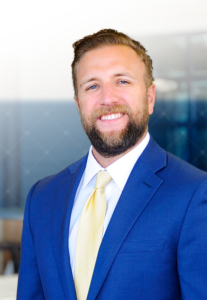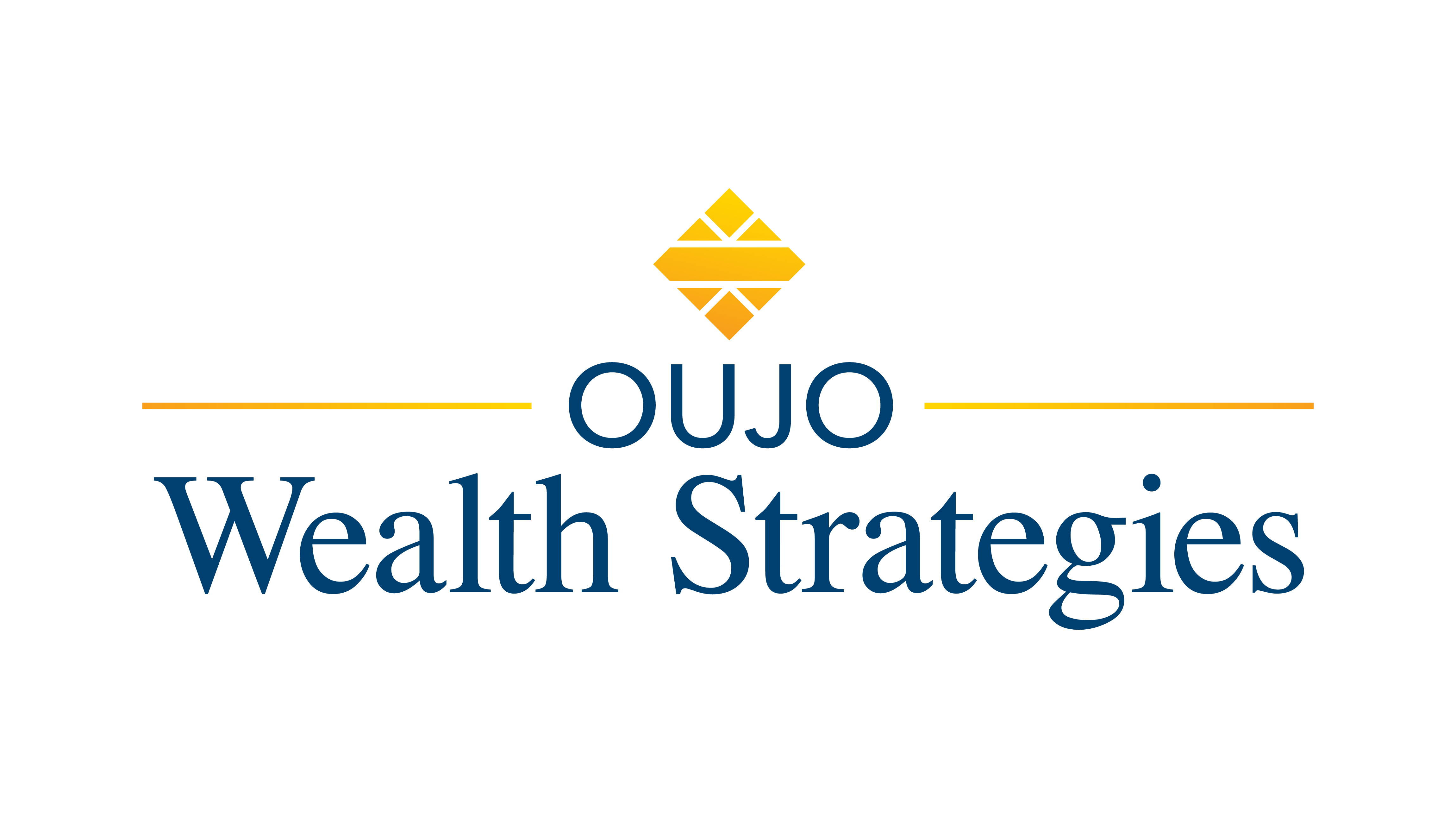From the desk of Anthony Sandomierski, CPA/PFS, CFP®, MS (Taxation)
Q4 2021 Letter
“I Have Extra Cash…..What Should I Do With It?”
We’ve been hearing this question a lot by clients. Cash balances are at an almost all-time high at close to $4.5 Trillion as of October 2021. Clients are unsure what to do with this extra cash. Interest rates are currently very low on short term investments like cash. A big reason is the Federal Reserve keeping Bank interest is well below 1%. The 10-year treasury yield is around 1.6% and the 30-Year Treasury yield is around 2% as of January 4, 2021. Here’s a quick guide to help you make a decision if this applies to you. Feel free to reach out to us for help on this:
- Emergency Fund – You should first make sure that you have some sort of “Emergency Fund” in place. This just an amount you keep in checking/savings with the bank to cover your expenses and a little “cushion” room. The Certified Financial Planner program teaches you this should be around three to six months’ worth of expenses. The correct answer is everyone has an amount in their head they are comfortable with. This is the amount you should keep in an “Emergency Fund”. If you have a large upcoming purchase (home, wedding, car, medical bill, etc.), it makes sense to keep that liquid as well.
- Retirement Accounts – Once you have established and Emergency Fund, you should be making the maximum contributions possible to your retirement plans. For many of you that is your 401(k) or 403(b) with your employer, for others it’s your small business retirement plan, or an IRA/Roth IRA. These come first when saving because of their strong tax advantages.
- Pay Down Debt – When a client asks me “Should I keep money in my bank account as opposed to paying down debt?” the answer is just about always “NO!”. Why? Bank interest rates are well under 1% and I’m sure the interest rate on the debt is more than 1%. It makes WAY more sense to pay down the debt than keep the money in the bank with such low interest rates.
- Open Up an After-Tax Brokerage Account – Once you are in good shape with steps one through three, then we advise opening up an after-tax brokerage account. This is a way to boost your retirement savings. We are big fans of having debt paid down when it is feasible to do so. It makes a big difference having little to no debt in retirement.
Everyone’s situation is different, so please don’t hesitate to reach out if you have any questions pertaining to any of this. Feel free to contact Jack, Jason, or myself directly at (732) 681-1384 or anthony@oujowealth.com. We appreciate your business!
Sincerely,

Anthony Sandomierski, CPA/PFS, CFP®, MS (Taxation)
Wealth Advisor
Direct: (732) 681-1384
E-mail: Anthony@OujoWealth.com


